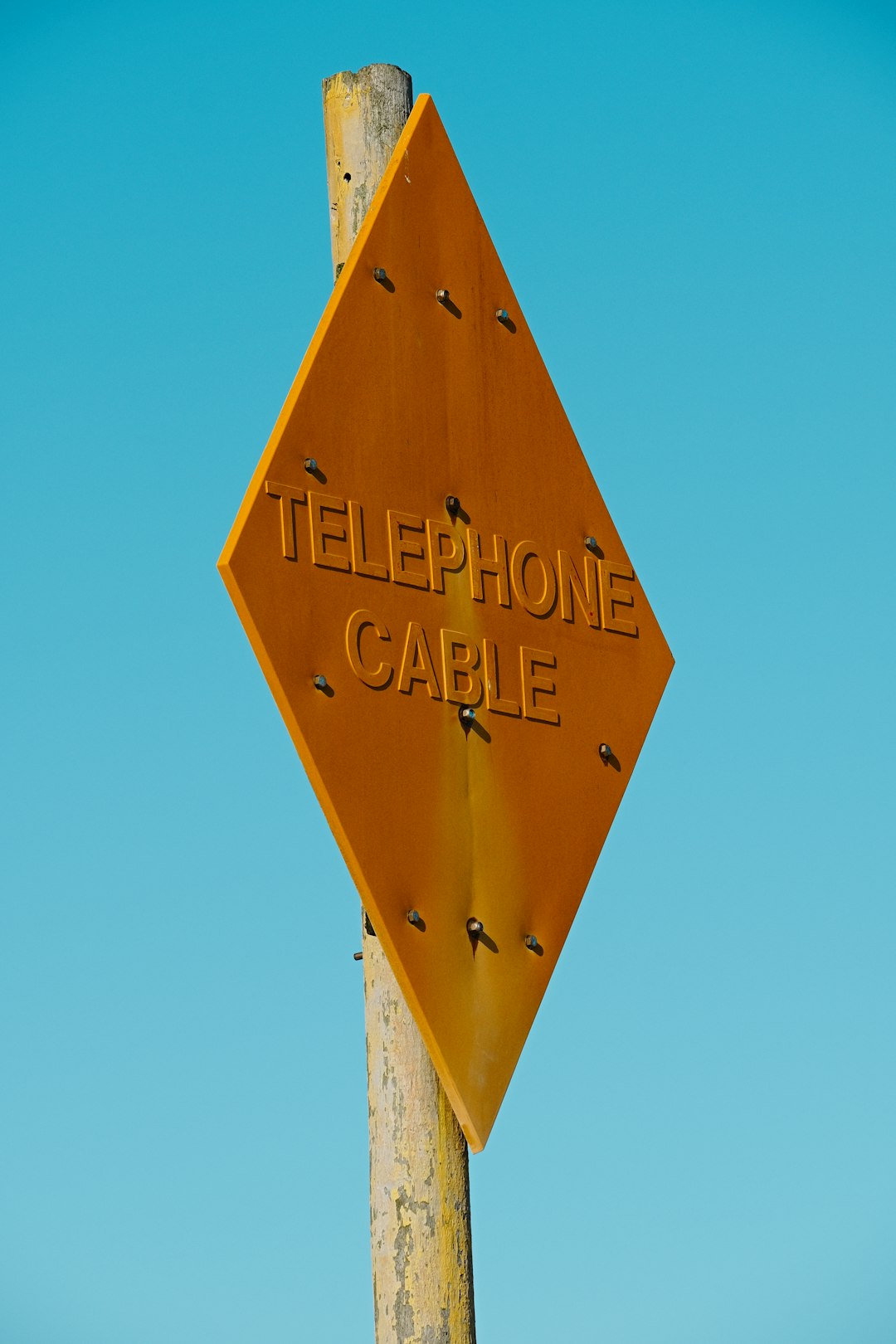Colorado's telemarketing laws, enforced by the Attorney General, protect consumers from intrusive sales practices. Businesses must understand registration and licensing requirements, with specific exemptions for charitable, political, agricultural, educational, and small organizations, as well as those conducting market research or fundraising for non-profits. Do Not Call Lawyers Colorado offer expert guidance on navigating these regulations and interpreting exemptions based on business nature, call purpose, and consumer consent, ensuring compliance while respecting privacy rights.
In Colorado, telemarketing regulations are designed to protect residents from unwanted calls. However, certain groups and businesses may qualify for exemptions from these rules, including non-profit organizations, political campaigns, and companies with existing business relationships. Understanding these exemptions is crucial for businesses aiming to comply with Colorado’s Do Not Call List laws. This guide explores who qualifies, common exemption requirements, and essential steps for navigating the process, assisting Do Not Call Lawyers in Colorado and relevant entities alike.
Understanding Colorado's Telemarketing Laws and Regulations

Colorado’s telemarketing laws, overseen by the Colorado Attorney General’s Office, are designed to protect consumers from aggressive sales tactics and unwanted calls. These regulations can be complex, especially with various exemptions that apply to specific types of businesses and organizations. One crucial aspect for companies looking to comply is understanding when they need to register as a telemarketer and obtain a license from the state.
The Do Not Call Lawyers Colorado play a significant role in this process, offering guidance on navigating these laws. Exemptions often arise based on the nature of the caller’s business, the purpose of the call, and whether the recipient has granted explicit consent. By recognizing these exemptions, businesses can ensure they are adhering to state regulations while respecting consumers’ privacy rights.
Who Qualifies for Exemption from the Do Not Call List?

In Colorado, individuals or entities that fall under certain categories are eligible for exemptions from the state’s Do Not Call list regulations. This includes organizations engaged in charitable purposes, political campaigns, and businesses or persons making calls for agricultural purposes. Additionally, telemarketers representing schools, colleges, universities, or other educational institutions may also be exempt from compliance with the Do Not Call rules.
For businesses, being recognized as a small business by the federal government is a significant qualifier for exemption. Moreover, companies conducting surveys, market research, and non-profit organizations fundraising on behalf of charitable causes are further categories that receive dispensation from the strict telemarketing compliance laws in Colorado, provided they adhere to specific guidelines and restrictions. Those who seek exemption should consult with Do Not Call Lawyers Colorado to ensure they meet all legal requirements.
Common Exemptions and Their Requirements

In Colorado, certain entities and situations qualify for exemptions from telemarketing compliance rules, including those governing the famous “Do Not Call” lists. Businesses like charitable organizations, political campaigns, and schools often fall under these exceptions. To maintain exemption status, these organizations must adhere to specific requirements. For instance, charitable groups must provide clear and conspicuous opt-out instructions in their communication, allowing potential donors to easily remove themselves from future contact.
When it comes to “Do Not Call Lawyers” in Colorado, legal professionals offering pro bono or public interest services may also be exempt. This exemption is designed to encourage access to justice by allowing lawyers to reach out to eligible clients without navigating complex compliance procedures. However, even with these exemptions, there are still guidelines to follow, such as respecting individual opt-out choices and ensuring communications remain informative and non-intrusive.
Navigating Exemption Process and Compliance Tips

Navigating the exemption process is a crucial step for businesses and individuals looking to avoid strict telemarketing regulations in Colorado. The first step is to identify if your organization falls under one of the many exemptions outlined by the state’s rules. These include exceptions for certain types of calls, such as those made for charitable purposes, political campaigns, or by financial institutions. Understanding these exemptions is key to ensuring compliance and avoiding potential legal issues.
Compliance tips for telemarketing in Colorado involve staying informed about ever-changing regulations and keeping accurate records. It’s advisable to consult with Do Not Call Lawyers Colorado to ensure your practices align with the law. Regularly reviewing and updating your telemarketing policies can help prevent mistakes and maintain a positive relationship with consumers, fostering trust and avoiding complaints that could lead to costly legal consequences.






